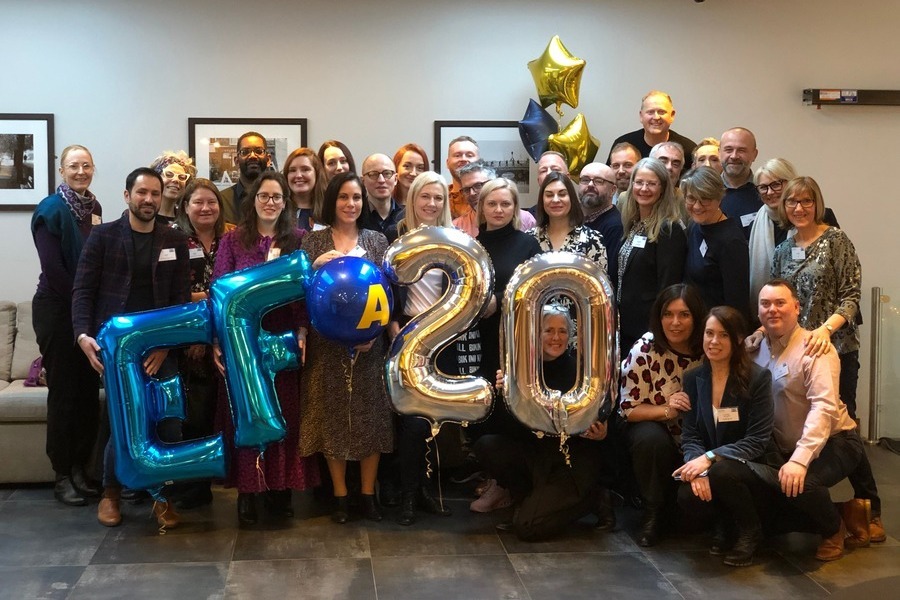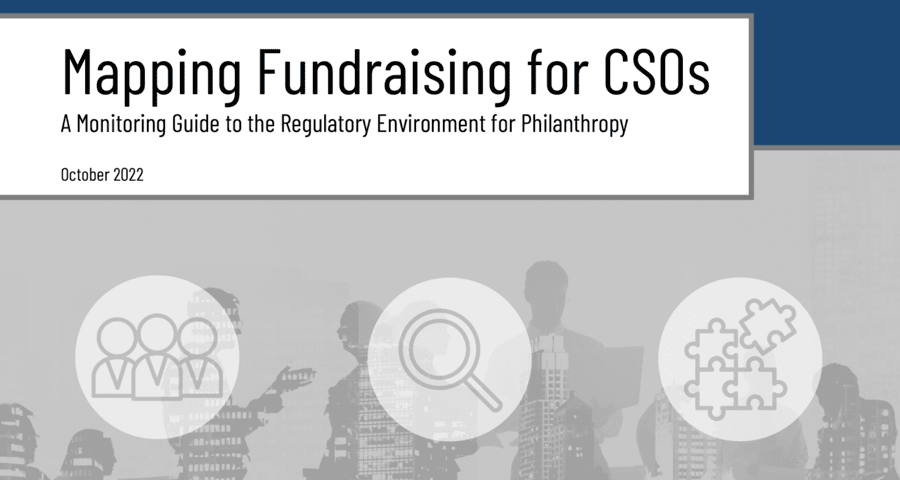
Oldest French donors support more causes than the youngest
December 7, 2022
Amplifying impact on a national & EU level – highlights from EFA’s Skillshare
December 7, 2022The European Center for Not-for-Profit Law (ECNL) has recently published a guide to help CSOs and other interested stakeholders navigate and map fundraising legislation and self-regulation in their country.
ECNL, with the support of fundraising experts, has created the document to enable the legal and policy environment for private giving to be mapped at national level. The aim is to identify good practices as well as gaps that need improvement and reform.
Mapping Fundraising for CSOs – A Monitoring Guide to the Regulatory Environment for Philanthropy is based on the areas of the Fundraising Principles that provide a global overview of current trends in fundraising regulation and self-regulation. It also builds upon the lessons learned from ECNL’s work in mapping out the environment for financial sustainability and philanthropy in several countries.
Set out in columns, the Guide takes users through different fundraising methods with questions to ask and consider to enable the regulatory environment to be mapped. These are grouped under legislation, self/co-regulation, and implementation/practice.
The document can be freely viewed and downloaded from the ECNL site, and will be reviewed and updated when necessary to ensure it reflects new issues and emerging needs.
Eszter Hartay, senior legal manager at ECNL commented:
“Private giving is vital for civil society organisations to help resolve global challenges and to support people in need but it is affected by a complex matrix of legislation, self- and co-regulation and practices that are fast-evolving and often hard to locate. The guide helps you ask the right questions to map the legal and policy environment for philanthropy in your country.”
She added:
“The monitoring guide does not aim to imply that all the issues that are mentioned in it need to be regulated. For civil society to carry out their important work, basic legal guarantees should be provided, but at the same time it is crucial to avoid overregulation limiting fundraising efforts.”




